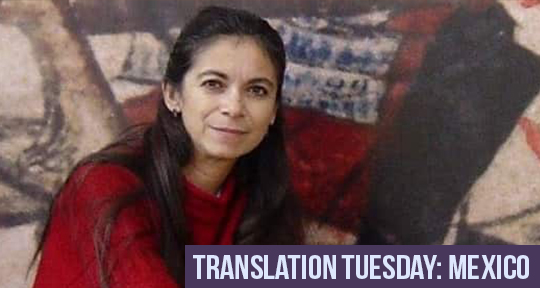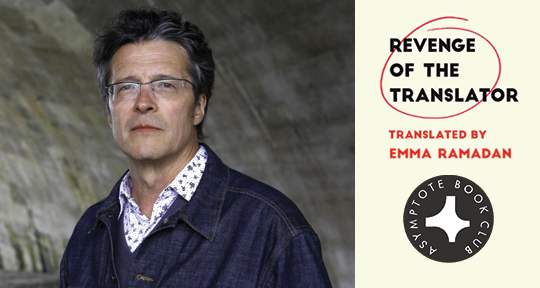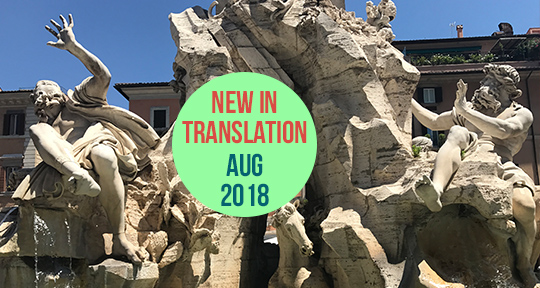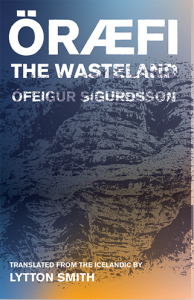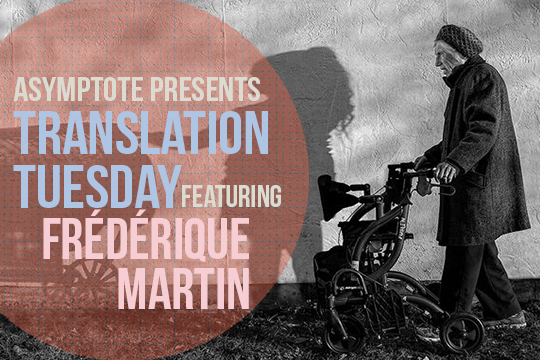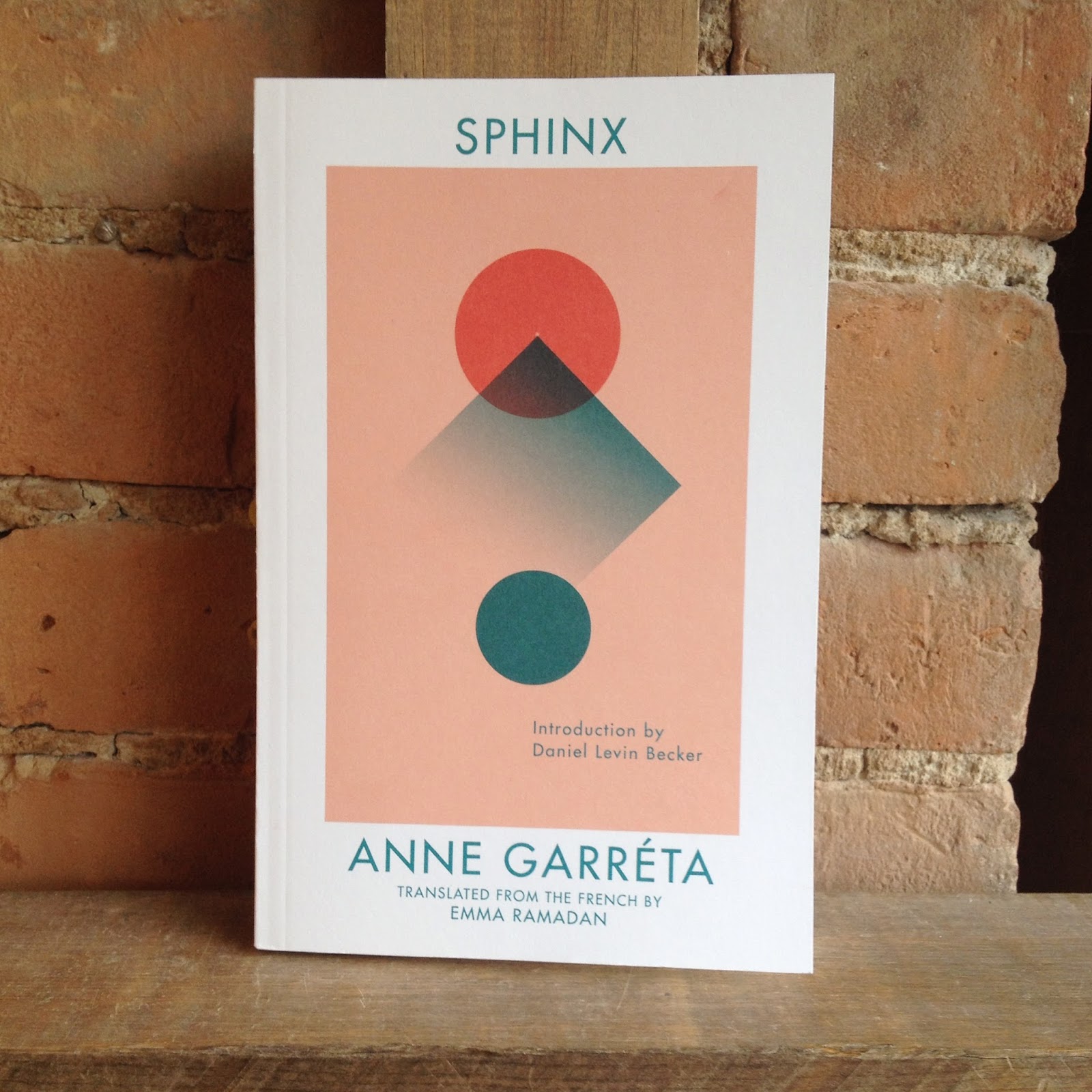Shapeshifter by Alice Paalen Rahon, translated from the French by Mary Ann Caws, New York Review Books, 2021
Surrealism has left an indelible mark on our cultural imagination, a defining umbrella term for the experimental and the dreamlike, from poetry to imagery. Though a litany of artists come to mind when we think of surrealism—from its founder figures André Breton and Philippe Soupault to visual exponents such as Salvador Dalí, Max Ernst, or René Magritte—the legacy, albeit impressive, remains overwhelmingly, and perhaps erroneously, masculine.
Some work has been done in recent years to revise that history—such as through new translations and a number of exhibitions for British-born Mexican artist Leonora Carrington. Now, translator and professor Mary Ann Caws has curated and translated the works of poet and painter Alice Paalen Rahon to further our reach towards the women of surrealism, in the volume Shapeshifter.
The visual arts have long dominated the conversation around surrealism, despite its origins as a literary term—coined first by poet and theorist Guillaume Apollinaire in 1917, then used in two manifestos in 1924, of which Breton’s has stood the longest and is now seen as definitive. Breton described Surrealism as “psychic automatism in its pure state, by which one proposes to express—verbally, by means of the written word, or in any other manner—the actual functioning of thought. Dictated by thought, in the absence of any control exercised by reason, exempt from any aesthetic or moral concern.” Though first staked in terms of the “written word,” the paintings of Dalí or Magritte may now serve, for many, as the first introduction to Surrealism. This domination of visuality in Surrealism has also affected Paalen Rahon’s legacy. Her artwork has long been appreciated in her adopted home of Mexico, celebrated with a large retrospective in 2009 at the country’s Museum of Modern Art. However, with the arrival of Shapeshifter, we can gain valuable insight into this remarkable poet who was one of the best of the Surrealists, despite the lack of wider recognition.



